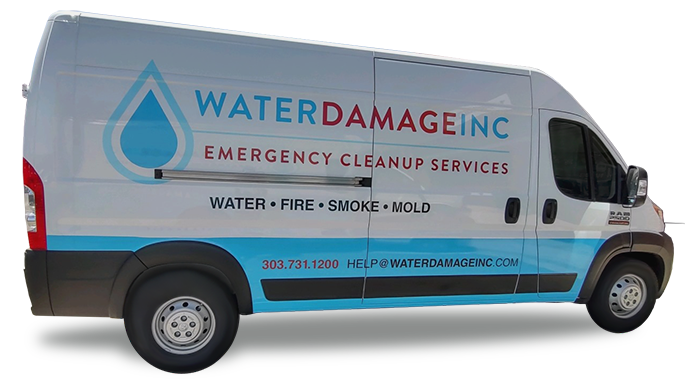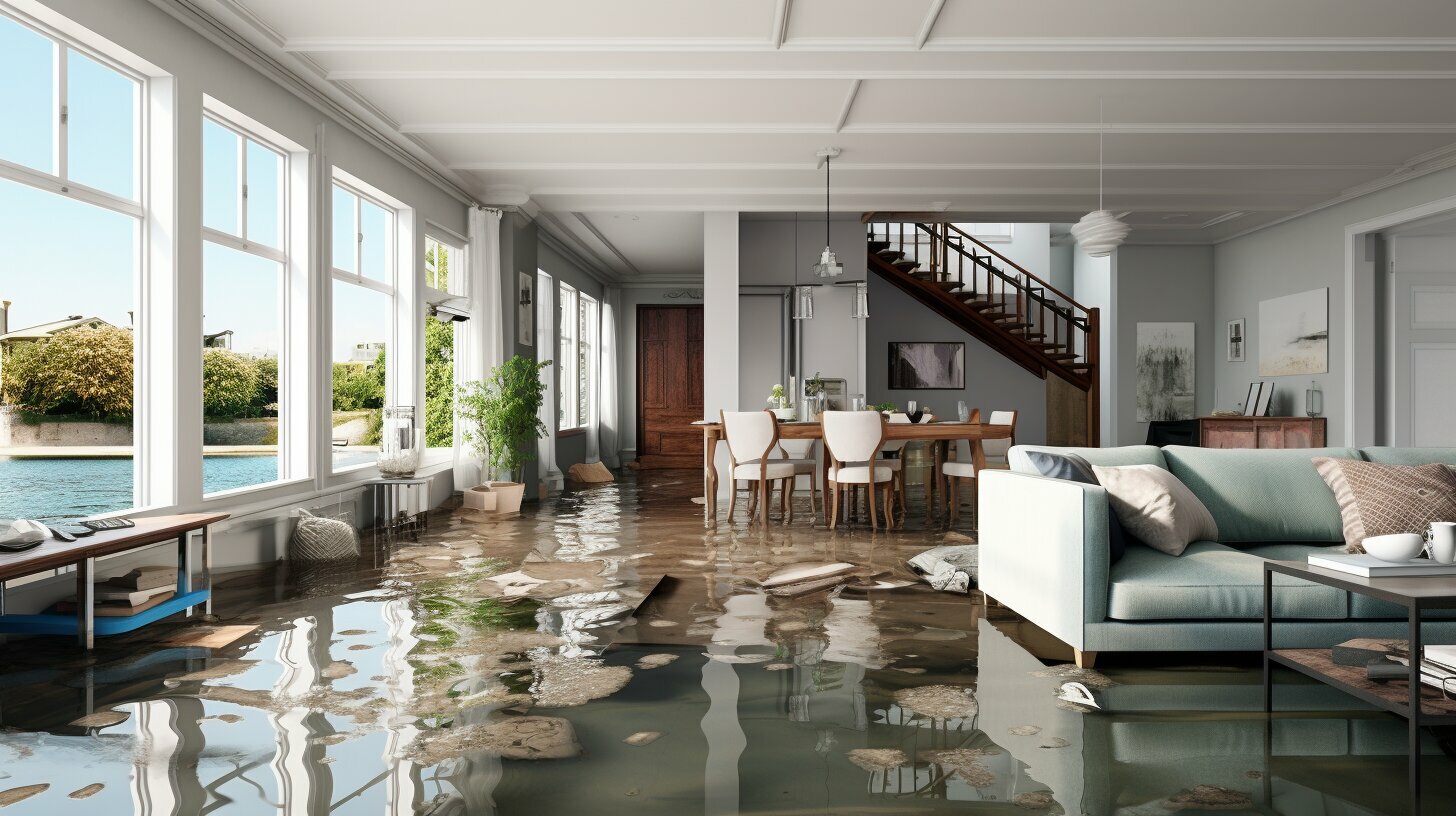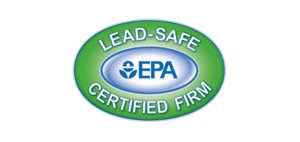Water damage can be a nightmare for any homeowner. It can weaken the structural integrity of your home, cause mold growth, and ruin your personal belongings. However, the good news is that water damage can be fixed, and your house can be restored to its pre-damaged state.
Whether it’s a burst pipe, flood, or leaky roof, swift action is crucial to prevent further damage. In this section, we will discuss the possibility of fixing water damage in your house and the different methods of repair, including professional restoration services and DIY techniques.
Key Takeaways:
- Water damage in your house can be fixed through proper restoration techniques.
- Swift action is crucial to prevent further damage.
- There are different methods of water damage repair, including professional restoration services and DIY techniques.
- Assessing the extent of the damage is crucial before beginning the restoration process.
- Preventive measures can help avoid water damage in your house in the future.
Assessing the Extent of Water Damage
Before you can begin repairing water damage, you need to assess the damage and determine its severity. Here are the steps you should take:
- Shut off the water source: If the water damage is caused by a burst pipe or any other water source, make sure you turn off the water source to prevent further damage and flooding.
- Inspect the affected area: Look for visible signs of water damage, such as water stains, mold, or dampness on walls, ceilings, floors, and other parts of the house.
- Check for hidden damage: Water can seep into hidden areas like wall cavities, under floors and behind baseboards, so it’s important to check these areas for signs of damage as well.
- Determine the extent of the damage: Depending on the amount of water and the length of time it has been present, the damage can range from minor to severe. Use the following scale to determine the severity of the damage:
Once you have assessed the water damage and determined the severity of the damage, you can proceed with the restoration process. In the next section, we will outline the steps you should take to restore your house after water damage.
Water Damage Restoration Steps
Restoring your house after water damage can be a daunting task, but if approached systematically, it can be manageable. These are the steps involved in the restoration process:
| Step | Actions |
|---|---|
| Assessment and Inspection | You need to:
|
| Water Extraction and Drying | You need to:
|
| Cleaning and Sanitizing | You need to:
|
| Repairs and Restoration | You need to:
|
It’s important to note that the restoration process may vary depending on the extent of the damage. Some situations may require specialized equipment and expertise, such as mold remediation, which is crucial in preventing the growth of harmful mold.
For extensive or complex water damage restoration, it may be best to hire professional restoration services to ensure that the job is done correctly and safely.
Preventing Future Water Damage
Water damage can be a costly and stressful experience for homeowners. Fortunately, there are several preventative measures you can take to avoid future water damage. Here are some practical tips and advice to help you prevent water damage in your house:
- Regular maintenance: Routine maintenance is crucial to identifying and addressing potential water damage sources before they become major issues. Schedule regular inspections of your roof, plumbing, and gutters to ensure they are in good condition and free of leaks.
- Install protective measures: Installing protective measures can help prevent water damage from occurring in the first place. Consider installing a sump pump, backflow valve, or water alarm in your basement or crawl space to detect and prevent potential water damage.
- Monitor water usage: Keep an eye on your water usage to detect any sudden spikes that could be indicative of a leak. Check your water bill regularly and be mindful of any unexplained increases in usage.
- Keep an eye on the weather: Be aware of weather conditions in your area and take appropriate precautions. If heavy rain or flooding is expected, take steps to protect your home, such as sandbagging or installing flood barriers.
By following these water damage prevention tips, you can help safeguard your home against water damage and avoid the time, hassle, and expense of water damage repairs.
Conclusion
Water damage is a serious issue that can cause significant damage to your house if not addressed promptly. However, with proper assessment and restoration techniques, it can be fixed. You can either choose to handle the repairs yourself or hire professional restoration services, depending on the extent of the damage and your preferences.
If you prefer DIY methods, there are various effective techniques to help you fix minor water damage. But for more severe damage, it’s recommended to seek the help of experts. You can find reputable restoration companies that offer professional services to handle water damage in your house.
It’s also crucial to take preventive measures to avoid future water damage. Regular maintenance, proper ventilation, and installing protective measures can significantly reduce the risk of water damage in your house.
Remember, addressing water damage promptly is essential to prevent further damage and ensure your home’s safety and integrity. With the right approach and techniques, you can fix water damage in your house and prevent it from occurring in the future.
FAQ
Can water damage be fixed in a house?
Yes, water damage in a house can be fixed through proper assessment and restoration techniques. Whether you choose to handle the repairs yourself or hire professionals, prompt action is essential to prevent further damage and ensure the safety of your home.
How can I assess the extent of water damage?
To assess water damage, start by visually inspecting the affected areas for signs of water intrusion. Look for dampness, discoloration, mold growth, or warping. It’s also important to check for hidden damage in wall cavities or under flooring. If you’re unsure, it’s advisable to consult a professional for a more accurate assessment.
What are the steps involved in water damage restoration?
The water damage restoration process typically involves drying out the affected areas, removing any standing water, cleaning and sanitizing surfaces, and repairing or replacing damaged materials. This may also include addressing any underlying issues that contributed to the water damage, such as fixing a leaky pipe or sealing a crack.
When should I consider hiring professional water damage restoration services?
It’s advisable to hire professional water damage restoration services if the damage is extensive, involves contaminated water, or requires specialized equipment and expertise. Professionals have the necessary tools and knowledge to handle complex restoration projects safely and effectively.
Are there any DIY techniques for fixing water damage?
Yes, there are DIY techniques for fixing minor water damage. These may include drying out the area, removing damaged materials, and applying mold inhibitors. However, it’s important to note that DIY repairs are suitable for minor cases, and if you’re unsure or dealing with significant damage, it’s best to consult professionals to avoid further complications.
How can I prevent future water damage in my house?
To prevent future water damage, it’s important to take proactive measures. Regularly inspect your home for leaks, ensure proper drainage, maintain gutters and downspouts, and consider installing water detection devices or a sump pump. It’s also crucial to address any plumbing issues promptly and keep your home well-insulated.
What is the conclusion about fixing water damage in a house?
In conclusion, water damage in a house can be addressed through proper assessment, restoration techniques, and sometimes with the help of professional services. Whether you choose to handle the repairs yourself or hire experts, prompt action is key to minimize damage and ensure the integrity of your home.






















